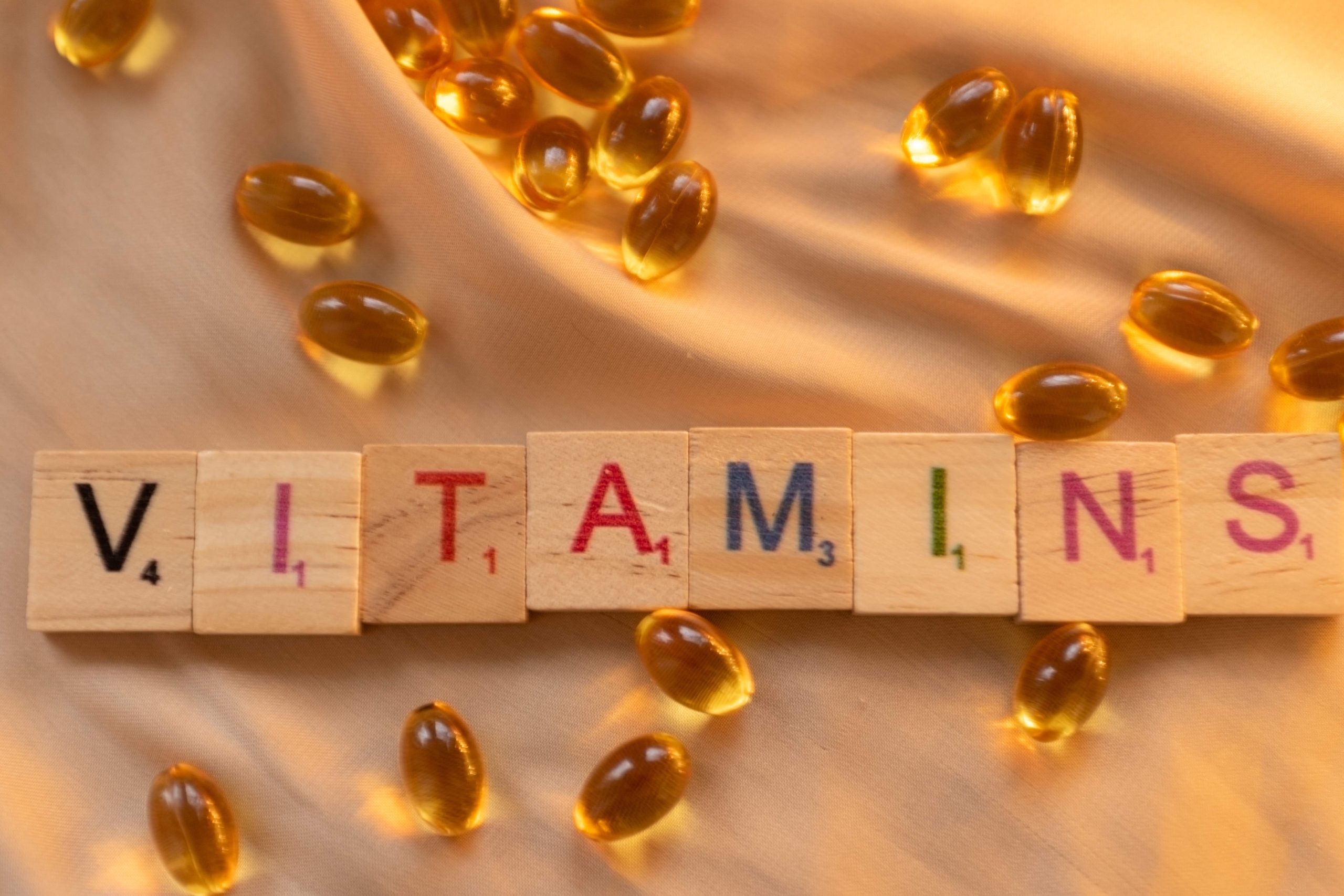Top 4 best vitamins for eye health
Do you know which vitamins are good for eye health? Your eyes are precious gems that act as a window to the world. But this window becomes blurred due to factors like vitamin deficiency, unbalanced diet, and unhealthy lifestyle. But the major reason is vitamin deficiency. According to a recent report, about 5 million children lost eyesight due to vitamin A deficiency.
Like other parts of your body, eyes also need a sufficient amount of vitamins to work properly, but if your daily diet is not rich in vitamins, you may experience eye issues such as blurred vision, vision loss, etc. So the question is how to prevent eyesight loss. The best solution is to use vitamins for your eye that help you recover eye-damaged cells. Do you know what vitamins you should include in your diet?
Read this article. We enlist the top 4 vitamins that support eye health.
Top 4 vitamins for eye health
Here is a list of the best vitamins that help to boost your eye health:
- Vitamin A
Vitamin A is an essential vitamin that plays a protective role in eye health and lowers the risk of various health diseases. A sufficient amount of vitamin A is needed for a strong vision. Studies proved that vitamin A deficiency causes early-age blindness, and millions of children aged between 12 to 20 lose their eyesight in youth.
Vitamin A aids in the formation of rhodopsin, which is found in the eye retina, and this rhodopsin helps you to see in the dark. If your body is lacking vitamin A, it can develop xerophthalmia. It is a severe eye condition that causes night blindness, although this condition is rare.
A study showed that vitamin A leads to reversible blindness in different countries. Moreover, a high amount of vitamin A prevents contracts and AMD. You should eat vitamin A-rich food such as green leafy vegetables, pumpkin, bell pepper, and sweet potatoes.

- Vitamin E
Vitamin E is an antioxidant that reduces the risk of blurred vision or blindness by eliminating free radicals. Various eye diseases are linked to an imbalance between free radicals and antioxidants. But vitamin E is an antioxidant and protects your eye cells from harmful free radical effects.
A few years ago, researchers experimented on 3640 people with AMD, giving them 400 IU of vitamin E, and in results found a 25 percent reduction in risk of progression.
Plus, eating a sufficient amount of vitamin E reduces the risk of age-related cataracts. But how to get a sufficient amount of vitamin E? Start eating vitamin E-rich food such as sunflower seeds, almonds, avocado, spinach, etc. You can take vitamin E supplements.
- Vitamin C
Vitamin C is one of the powerful antioxidants that our body needs to perform different functions. It is especially beneficial for eye health because it protects your eyes from radicals. Because of free radicals, oxidative damage occurs that promotes various eye-related diseases such as cortical and nuclear cataracts.
Enough vitamin C content is added in supplement AREDS that work against AMD. It is proved that high vitamin C content in ARED reduced disease progression by 25 percent.
Besides this, vitamin C helps in the formation of collagen protein that gives structure to your eye, like cornea and sclera.
A study found that the vitamin C reduces the risk of cloudy and impaired vision. Further, this study added those who take a sufficient amount of vitamin C regularly have a 75 percent less chance of contracting.
Do you know how to cover vitamin C deficiency? The simple answer is to eat vitamin-rich food such as oranges, sprouts, broccoli, etc.
A recent study showed vitamin C is used in anti-cataract therapy.
- Vitamin B6, B9, B12
Vitamin B combinations like B6, B9, and B12 improve eye health and reduce the risk of age-related macular degeneration (AMD). Vitamin B deficiency affects your retina, but vitamin B controls the retina deterioration that causes blurry vision.
Additionally, vitamins B6 and B12 reduce your blood levels of homocysteine and protect your arteries of the retina.
An old study found that women with vitamin B12 deficiency have a higher chance of AMD than those with normal B12 levels. Moreover, women who took 50 mg B6, 1 mg B12, and 2.5 mg folate supplements for 24 months have 40 percent less chance of AMD.
If you have vitamin B deficiency, then it will lead to problems with the optic nerve, which does not take proper images from the eye to the brain.

Other healthy nutrients for eyes
Various nutrients support eye health, such as:
- Lutein and zeaxanthin
Carotenoids like lutein and zeaxanthin are pigments that are present in the retina. These pigments increase your retina’s density, protecting your eyes from ultraviolet light.
You can take lutein and zeaxanthin supplements.
- Zinc
Zinc is an essential nutrient for the eyes that protects your eye cell damage.
The zinc is responsible for the formation of melanin in the retina, which protects you from ultraviolet rays. A deficiency of zinc causes contrast sensitivity.
FAQs
What should a source of nutrients be?
The primary source of vitamins should be diet.
Are vitamin supplements safe to use?
Yes, supplements are safe to use in recommended amounts.
Is blindness reversible with vitamins?
Yes, vitamins help to bring your eyesight back, especially vitamin A.
How much vitamin A is needed for eye health?
According to reports, about 700 ug of vitamin is recommended to take daily.
Conclusion
Vitamins and nutrients are essential for maintaining good eye health. Various diseases occur due to vitamin deficiency and due to an unbalanced diet. Vitamins like vitamins A, B2, 6,12, C, and E help prevent many eye diseases and stop the progression of eye diseases.
That is why avoiding vitamin deficiency is important with a balanced diet. The diet should have whole grains, legumes, and fruits and vegetables.

